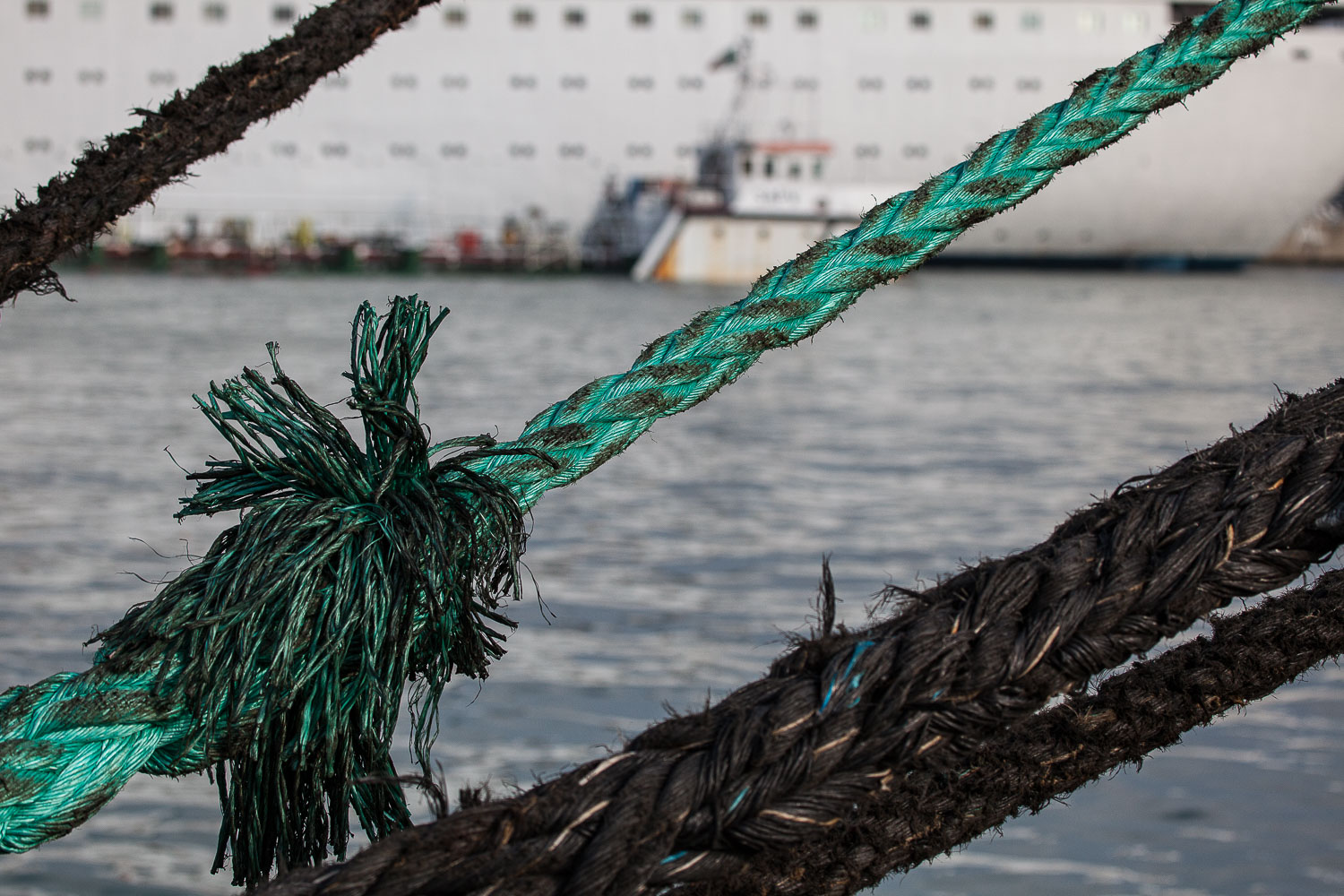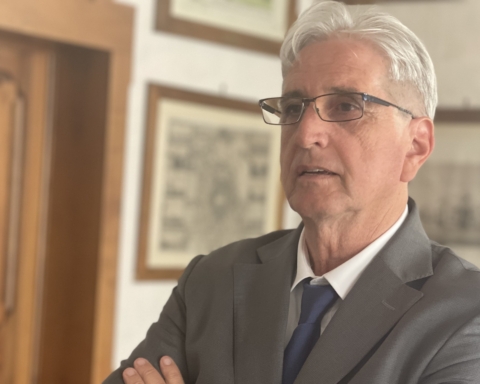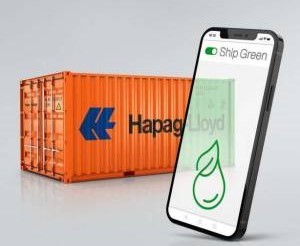The final trilogue negotiations between the European Parliament, the European Commission and the Council of Member States on the FuelEU Maritime Regulation ended this morning after ten hours of negotiations. It aims to increase the demand for and use of renewable and low-carbon fuels in the maritime sector by setting targets for reducing the greenhouse gas intensity of energy used on board ships.
The agreement reached under the FuelEU Maritime proposal envisages that ships will gradually reduce their greenhouse gas (GHG) emissions: by 2% from 2025; by 6% from 2030; by 14.5% from 2025; and by 80% from 2050.
The measures are to apply to ships over 5,000 GT which are responsible for 90 per cent of CO2 emissions from shipping.
The negotiators also grant more credits in the form of emission compensations to shipowners who use renewable fuels of non-biological origin (RFNBO) from 2025 to 2035, and set a target of 2% as the quota of renewable fuel use from 2034 onwards if the European Commission reports that RFNBO amount to less than 1% in the fuel mix used to power ships in 2031.
It was also agreed that the Commission will review the rules by 2028 to decide whether to extend the emission reduction requirements to smaller ships or to increase the quota of energy used by ships from outside the EU.
According to the preliminary agreement, from 2030 onwards, container ships and passenger vessels will also be obliged to use shore-side power while at berth in major EU ports.
In Green/Ale MEP Jutta Paulus’ view, what was agreed on at the end of the trilogue is a downward compromise. She said that the EU is missing the opportunity to set ambitious quotas for sustainable marine fuels.
Moreover, instead of making Europe a leader in the research and development of sustainable fuels and marine propulsion, in her opinion, the EU limits itself to microscopic quotas for 2020 and provides no incentives for further investment in sustainable synthetic fuels. She hopes that the requirements of the regulation will be overtaken by reality, because ambitious shipping companies are already waiting in the wings. However, she also stated that a step forward from the status quo had been taken last night: the world’s first law for alternative fuels in international shipping.
Translation by Giles Foster




